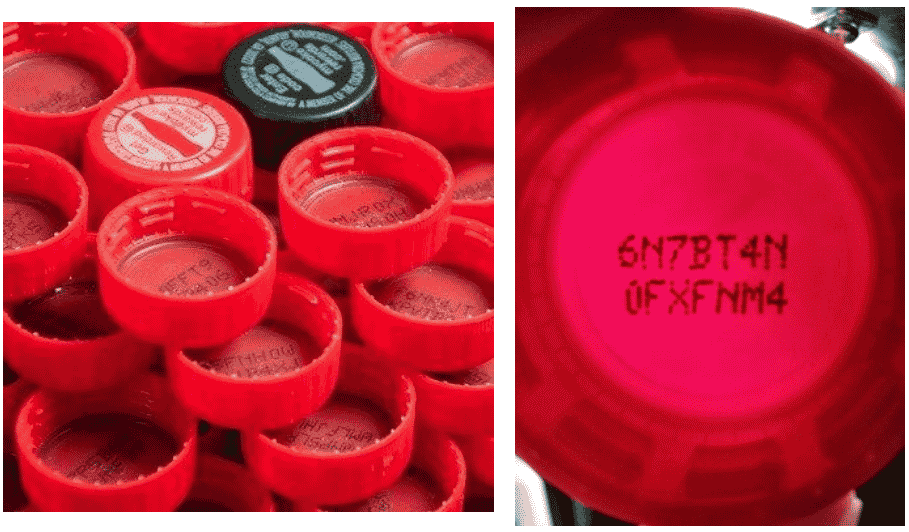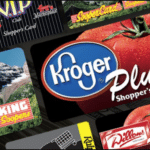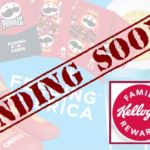
It’s been more than seven years since Coca-Cola discontinued its My Coke Rewards loyalty program. If you still have code-imprinted bottle caps sitting in a box or a junk drawer somewhere, the resolution of a long-standing legal dispute means they are now finally, officially worthless.
New York resident Glenn Coe sued the soda company two years ago, on behalf of himself and similarly disappointed My Coke Rewards members who objected to how Coke discontinued the program and devalued all of the codes they had collected.
Coe and the beverage giant have now settled their differences, jointly agreeing to dismiss the case. Details of the settlement were not disclosed, so it’s not known whether Coe got anything for his troubles, though the stipulation that each party will bear its own costs and attorneys’ fees suggests that he did not. What is known is that his would-be co-plaintiffs – the thousands or millions of other members who were unhappy with the way the program ended – are getting nothing.
My Coke Rewards launched in 2006, and featured codes printed on the inside of bottle caps or elsewhere on Coca-Cola products, which members entered online for points that were redeemable for various prizes. In early 2017, however, Coca-Cola announced the program would end that summer. Any points not redeemed by then would be forfeited and donated to charities of Coke’s choosing.
Coe’s lawsuit argued that Coke acted illegally in suddenly turning something of value that members had collected, into something worthless, especially since there were still Coke products being sold with codes after the program was discontinued. He and other customers like him “believed and expected a program described with the term ‘Rewards’ would provide a thing of value,” Coe’s lawsuit stated. Instead, members were left with “accumulated reward codes whose value was eliminated in violation of their statutory protections.”
Coe called Coke’s decision to end the program and deny members the ability to use their points for prizes “unfair, misleading and deceptive,” and sought monetary damages for himself and all other affected loyalty program members.
But Coke argued – and a judge agreed – that Coe agreed to the My Coke Rewards terms of use when joining the program. “The document warns that Coke may change the terms at any time,” the judge noted in his ruling. The document also includes “an agreement to submit all disputes to individual mandatory arbitration” as opposed to a lawsuit. And members must agree that “under no circumstances will you file, seek, or participate in a class action” in connection with any dispute.
Coe filed a lawsuit – and a class-action one, at that – in violation of the terms to which he agreed. So the judge ordered the parties to begin the arbitration process. And that process has now ended with both parties reaching their undisclosed agreement. Any other disappointed My Coke Rewards participants who were hoping Coe would fight their fight for them, will now have little recourse aside from submitting to an arbitration process of their own.
Even though the program ended in 2017, Coke customers who collected codes were still able to redeem them – by donating them to charity. But even that capability has now ended. “Our product codes, found under Coca-Cola product caps and on fridge packs, are going away,” Coke announced last year. Effective July 2023, any remaining codes that are out in the wild or in your junk drawer really are worthless.
Your money is legal tender backed by the federal government. Your paper coupons are typically worth 1/100th of a cent apiece. But your loyalty program reward codes are valuable only as long as the program’s operator says they are. And at least one disappointed My Coke Rewards member has now found that out the hard way.
Image source: Glenn Coe











it’s a shame Coke canceled their program. I used my points for several free tickets to cedar point. we’ll worth collecting the caps and the codes off the case pkg..I stopped collecting them when they changed the format. It wasn’t worth the time and I think they knew that then canceled the program all together. if they would ever go back to the original program I’m there
I STILL HAVE HUNDREDS OF CAPS WITH REWARD NUMBERS FROM WAY BEFORE 2017. I HAVE ALWAYS ENJOYED MY COCA COLA AND ALWAYS WILL. NO OTHER SODA FOR ME.
IT IS COCA COLA’S CHOICE TO OFFER REWARDS OR TO STOP THE PROGRAM. SO WE MISSED OUT. SO WHAT. WE ARE SLACKERS FOR NOT REDEEMING THEM WHEN WE HAD THE CHANCE.
THERE ARE BIGGER THINGS IN LIFE THAT MATTER MORE.
THE CURRENT CAPS WITH “REWARD NUMBERS” FOR US TO REDEEM TO GIVE A CHARITY OF COKE’S CHOOSING IS AWESOME FOR THEM TO DO. THEY DON’T HAVE TO DO ANYTHING. THEY ARE THE ONE TRYING TO HELP MAKE THIS COUNTRY A BETTER PLACE FOR PEOPLE TO LIVE IN!
THE LAWSUIT AGAINST COKE WAS WRONG ON SO MANY LEVELS!!!
Yes throw them out, they are no good now. Which is very sad for our school and other schools who benefited from people donating their points to them.
Are the ones that we have now worthless? Do we throw them away?